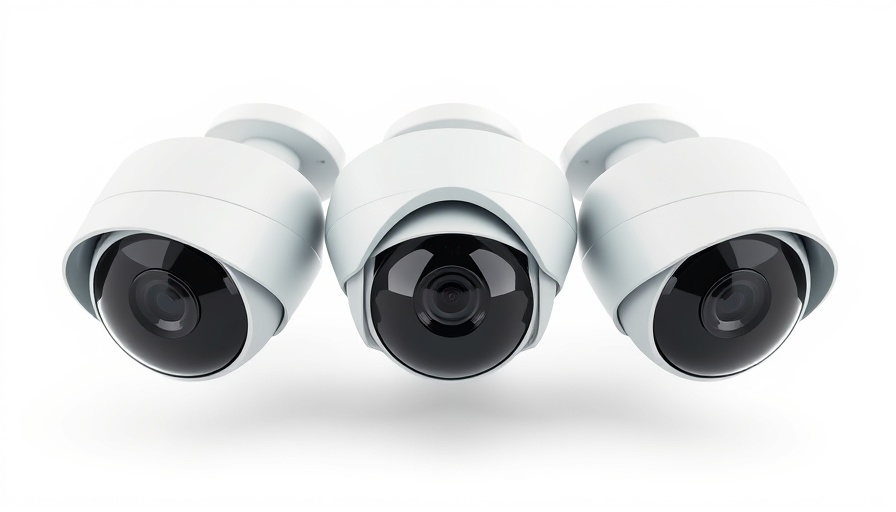
Understanding NVR and DVR: The Basics
In the rapidly evolving world of home technology, the surveillance system has become a pivotal aspect of security and monitoring. Two of the most common types of surveillance systems are Network Video Recorder (NVR) and Digital Video Recorder (DVR). While both serve the essential purpose of recording video footage, they operate in fundamentally different ways. Taking a closer look at these systems can help homeowners and service providers alike make informed choices about their security needs.
Key Differences Every Homeowner Should Know
First and foremost, NVRs are designed to work with IP (Internet Protocol) cameras that connect wirelessly, allowing for greater flexibility in installation and camera placement. Conversely, DVRs are typically connected to analog cameras via coaxial cables, which can limit the system's range and setup options. This distinction is crucial for homeowners aiming to achieve optimal coverage and convenience in their homes.
Quality of Video: NVR vs DVR
Another vital difference lies in video quality. NVR systems generally provide high-definition video, often 1080p or higher, thanks to their ability to process digital signals directly from IP cameras. In contrast, traditional DVR systems usually record at lower resolutions, which may not meet the demands of homeowners seeking superior image clarity for effective monitoring.
Storage and Scalability Options
Storage capabilities vary between NVR and DVR systems, with NVRs allowing for more extensive data storage options. NVR systems often come equipped with cloud storage options, making it easier for users to access their recorded footage from anywhere. Meanwhile, DVR systems typically require local hard drives with limited storage, which could pose challenges for users who need to maintain long-term surveillance records.
The Future of Home Security Technology
As technology continues to advance, the debate between NVR vs. DVR will likely shift further in favor of NVR solutions due to their flexibility, higher video quality, and remote accessibility. Homeowners considering upgrades or installations must remain informed about these evolving technologies to embrace the latest innovations in smart home setups.
Making Informed Decisions
Ultimately, understanding the nuances of NVR vs. DVR is crucial for homeowners and service providers invested in enhancing home security. By staying abreast of technological advancements, one can fully exploit the advantages of new home technologies, ensuring a safer, smarter living environment.
 Add Row
Add Row  Add
Add 




Write A Comment